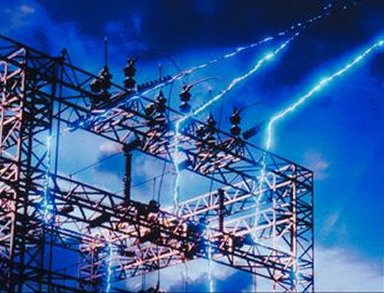Given that sustainable energy sources, such as wind and solar power, can be intermittent and their energy tapped continuously, it is important to develop physical and commercially viable technologies that might be used to store their energy for later use. Supercapacitors are seen as the way forward, these essentially act as rapid-response “rechargeable batteries”. Porous carbon has been investigated as the optimal electrode material. However, experimental designs often suffer from poor power density and reduced lifecycle.
Qiang Xu, National Institute of Advanced Industrial Science and Technology (AIST), Osaka, Japan, and colleagues prepared a microporous zeolitic imidazolate framework, ZIF-8, by sonication and then carbonized it to produce a highly porous and hierarchical carbon framework. This 3-dimensional framework with both micro- and mesopores exhibits the best performance ever reported as a supercapacitor electrode.
- From assembled metal-organic framework nanoparticles to hierarchically porous carbon for electrochemical energy storage,
Arlin Jose Amali, Jian-Ke Sun, Qiang Xu,
Chem. Commun. 2013.
DOI: 10.1039/C3CC48112C



